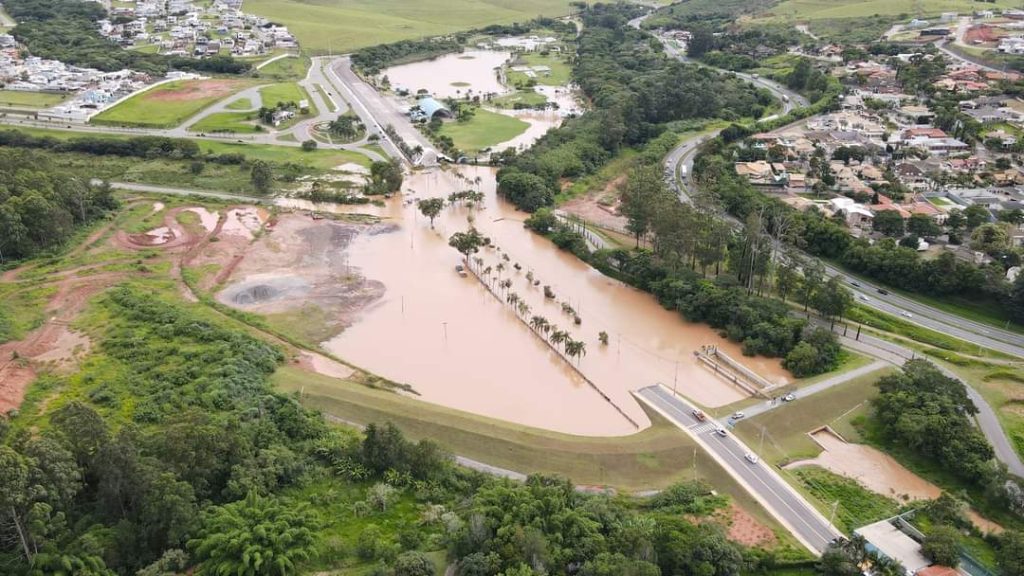GEMS Legacy School in Dubai has achieved a remarkable milestone, securing the first rank in the National Green School Ranking 2025 of the UAE, unveiled on World Environment Day. This recognition confirms the school’s climate leadership under Ms. Asha Alexander, a 2020 UN CC:Learn Champion, who has made climate change education central to the school’s mission. Through her commitment, climate literacy has become an integral part of everyday learning for both students and teachers, inspiring them to take climate action in their school and community.
As a UN CC:Learn Champion, Ms. Alexander has actively worked to embed climate literacy into the curriculum by ensuring that her staff and students complete at least six UN CC:Learn courses. From tackling food waste to promoting sustainable diets, students at GEMS Legacy School are well-equipped with the knowledge that empowers them to identify issues and lead initiatives that reduce environmental impact in practical, measurable ways.
The National Green School Ranking specifically highlighted the school’s achievements across eight sustainability pillars: Green Curriculum, Biodiversity Conservation, Energy Efficiency, Water Management, Waste Reduction, Sustainable Transportation, Innovation & Research, and Monitoring & Reporting. By systematically integrating these pillars into its teaching and operations, the school has significantly reduced its environmental footprint while demonstrating that quality education and climate action can go hand in hand. The ranking also recognized that such efforts contribute directly to the achievement of Sustainable Development Goals 4 (Quality Education) and 13 (Climate Action).
Ms. Alexander’s vision extends beyond the walls of GEMS Legacy School. As the Executive Leader – Climate Change at GEMS Education, she has encouraged 46 GEMS Education schools in the UAE and several other schools globally to adopt UN CC:Learn courses to build climate literacy among both educators and students. From organizing the world’s first School Conference of Parties in 2020 to collaborating with schools across continents, she is building a network of schools that understand climate challenges and are prepared to act on them, ensuring that climate education is not an isolated effort but a global movement.
“At GEMS Legacy School, we see climate literacy as a core future fluency—essential for navigating an increasingly complex world. Our mission is to nurture informed, compassionate changemakers who don’t just understand the science of climate change, but are equipped to lead with courage, innovation, and purpose. This recognition affirms that education, when rooted in relevance and responsibility, has the power to shape a more sustainable, equitable future for all. This is why at GEMS Education we are driving change through upskilling our educators through the UNCC: Learn platform.” — Ms. Asha Alexander, Executive Leader – Climate Change, GEMS Education
In recognition of this achievement, Ms. Alexander and GEMS Legacy School have been invited to attend and present their work at the 9th NYC Green School Conference at Cornell University in September 2025, against the backdrop of the Climate Week NYC and the United Nations General Assembly. By equipping students with the knowledge and skills needed to understand and address climate change, the school is cultivating the next generation of climate leaders in the UAE, demonstrating that consistent, informed action within education systems can drive the change our world urgently needs.
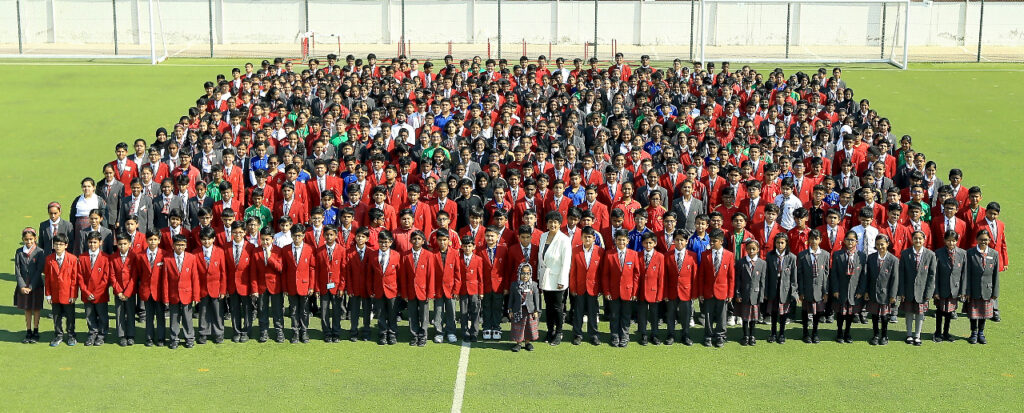
All 570 GEMS Legacy School students who completed 6 UN CC:Learn courses with Ms. Asha Alexander. Photo Credit: GEMS Legacy School, Dubai

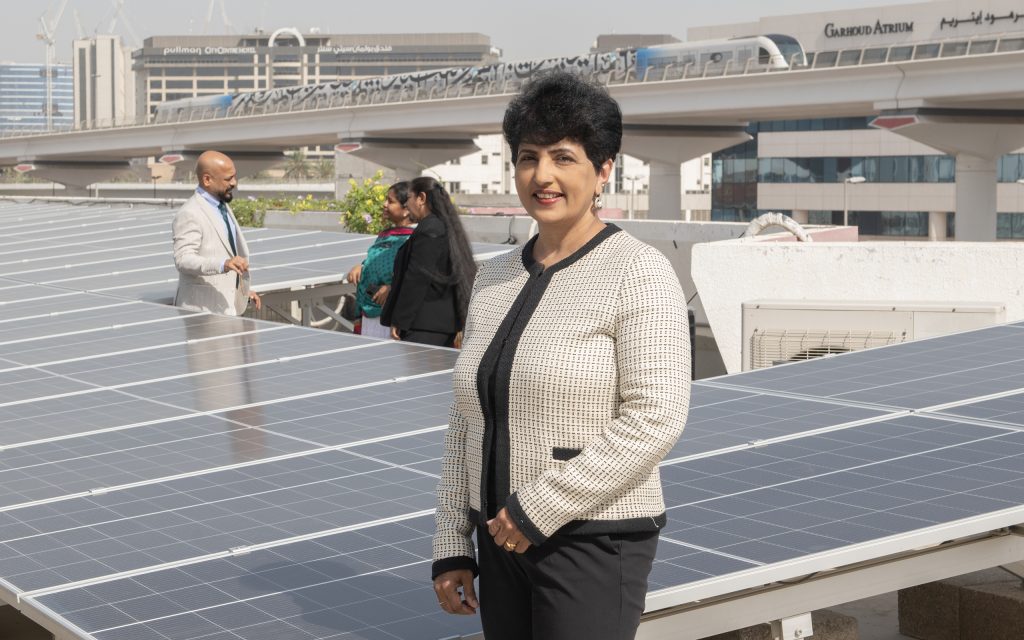
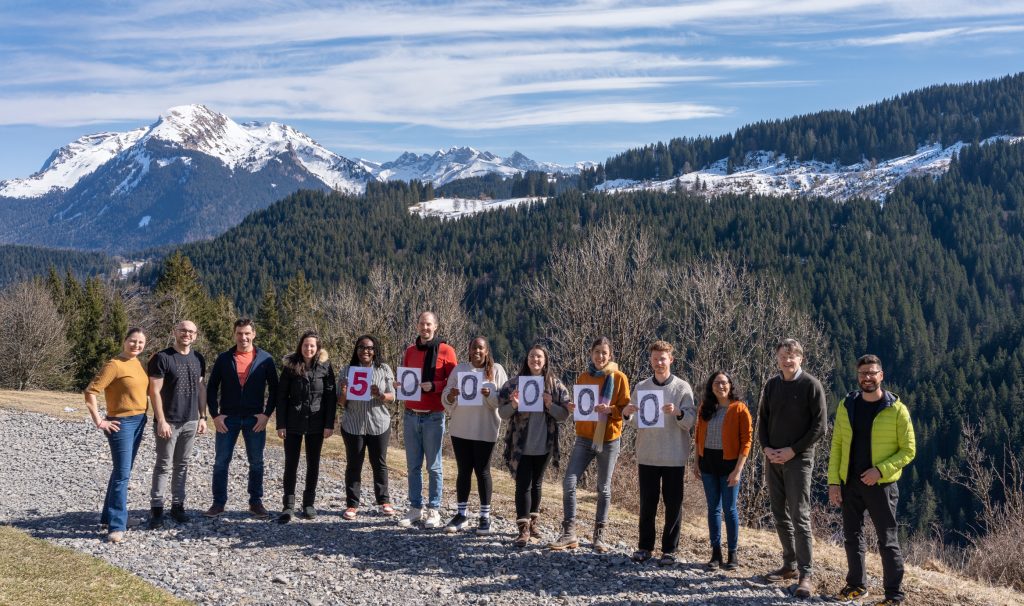
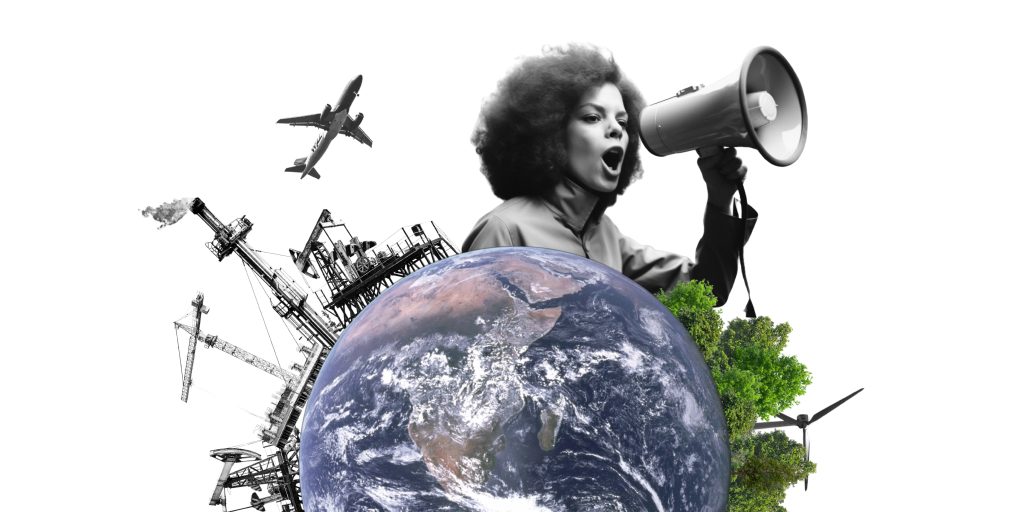


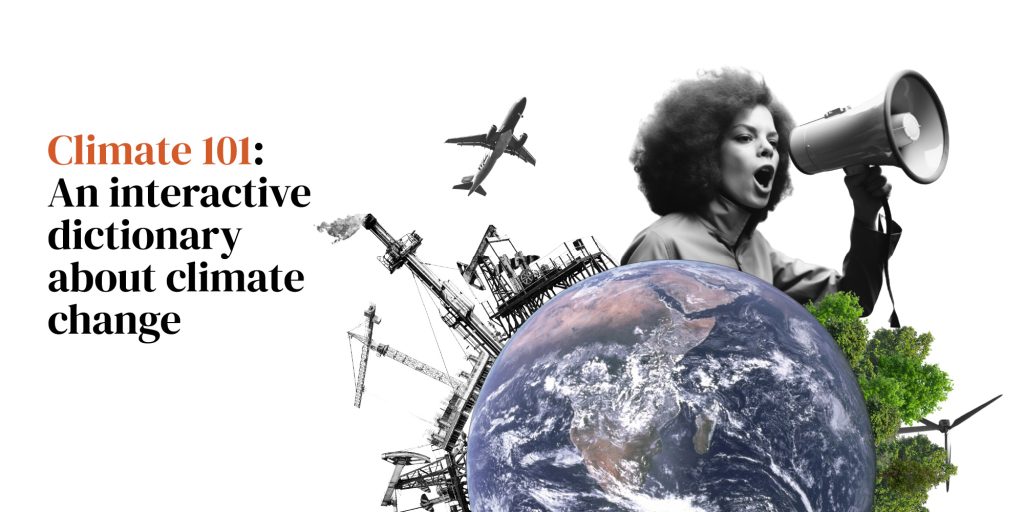
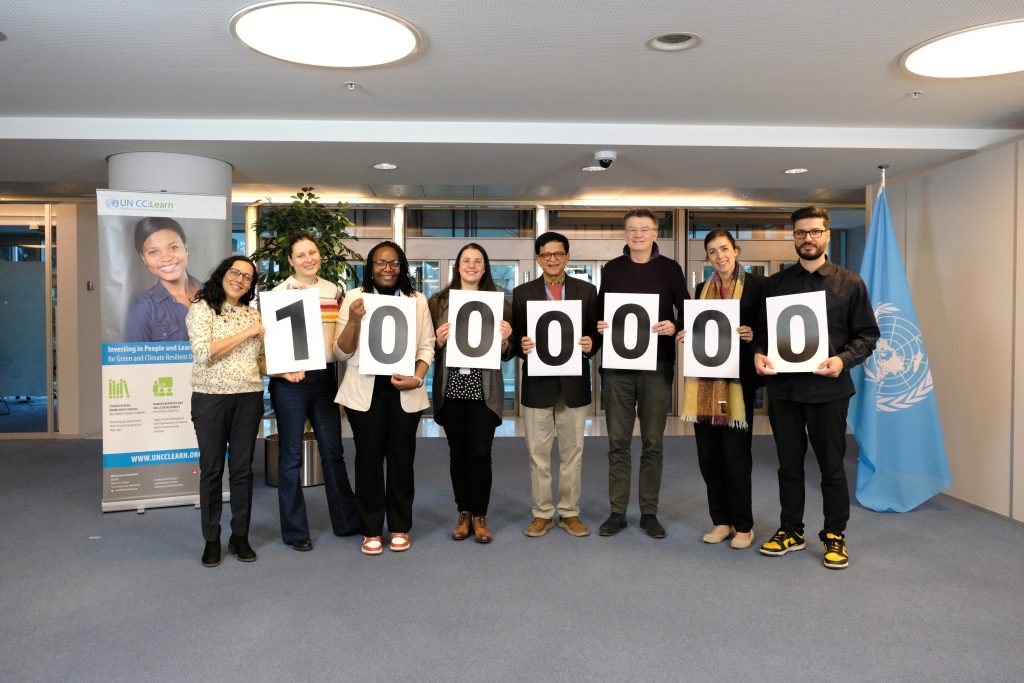
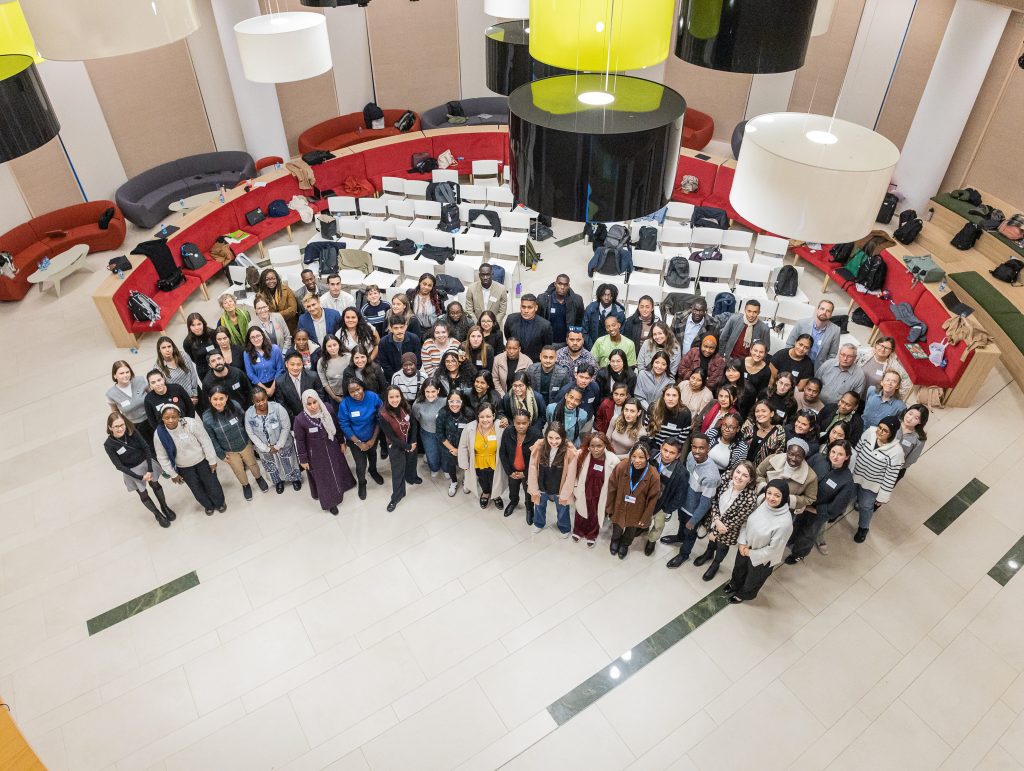
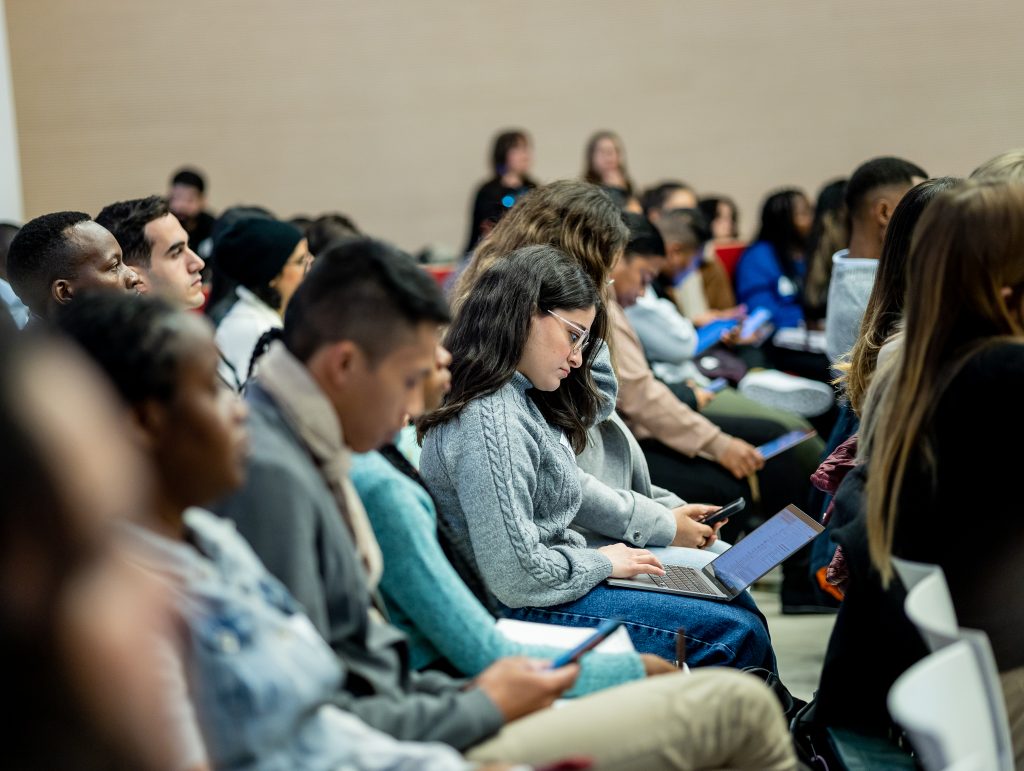
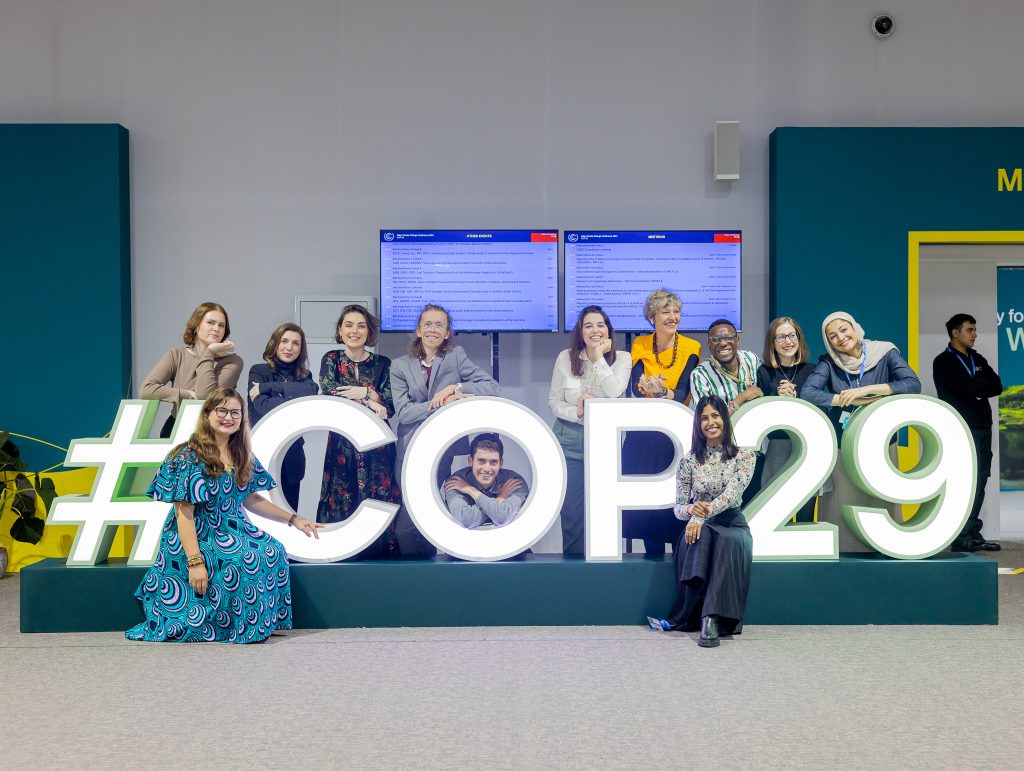
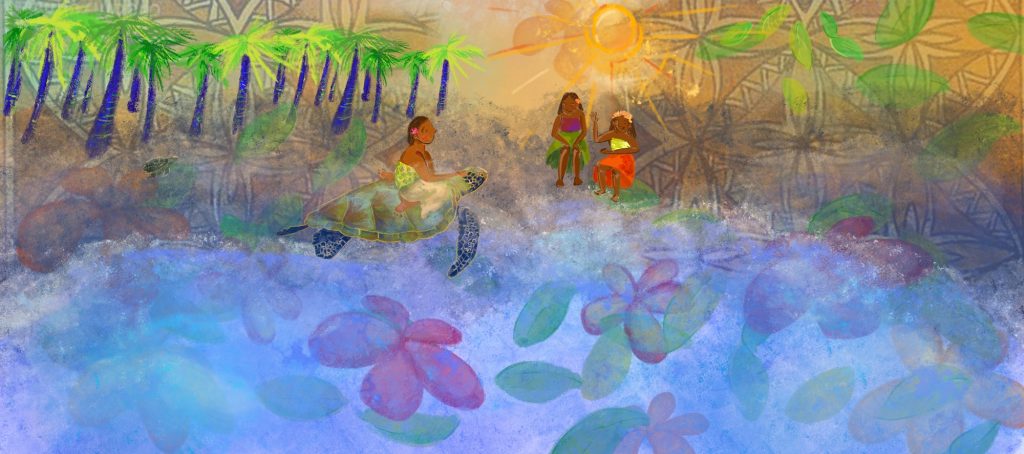
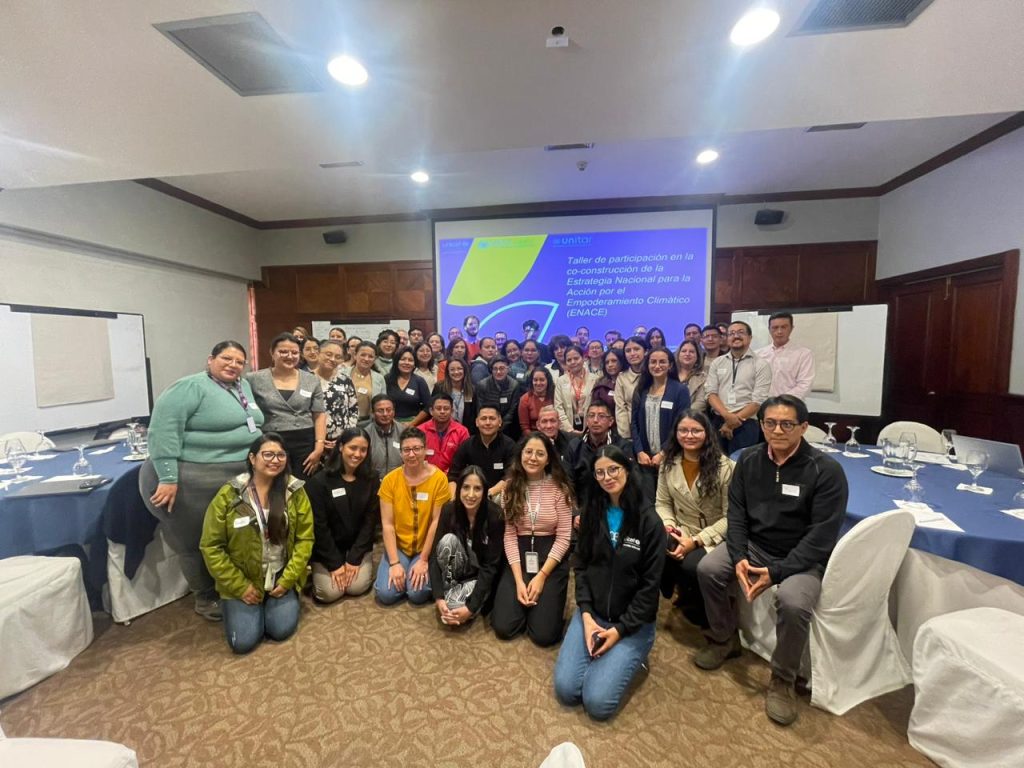
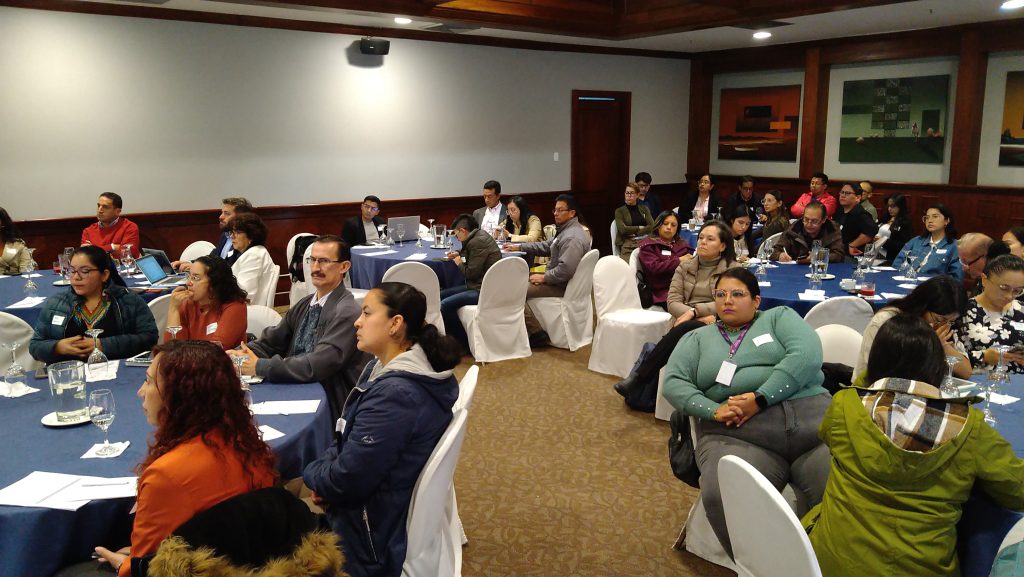
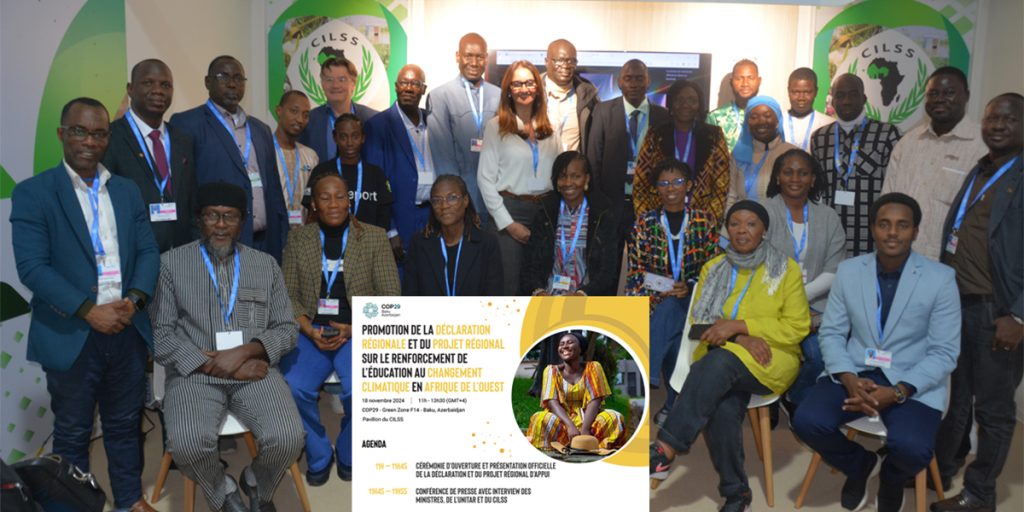
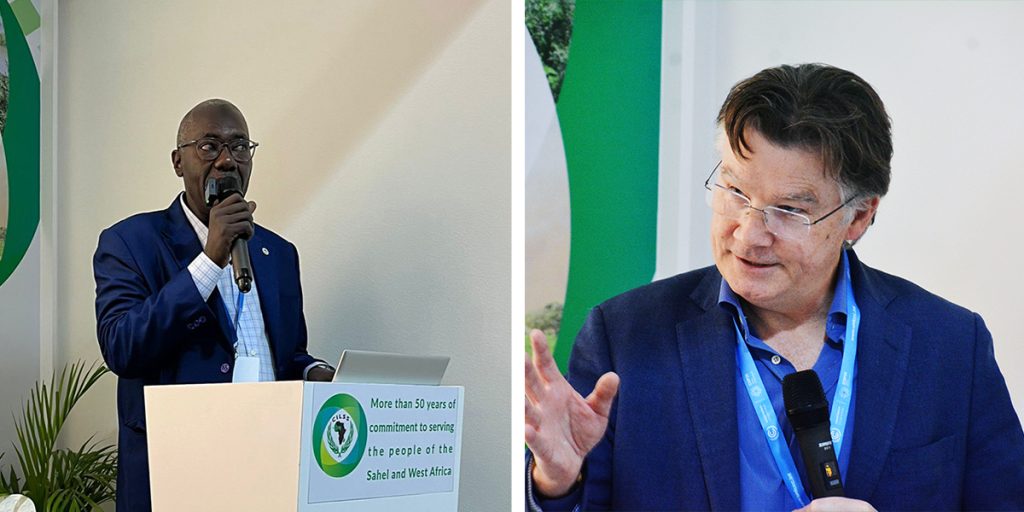
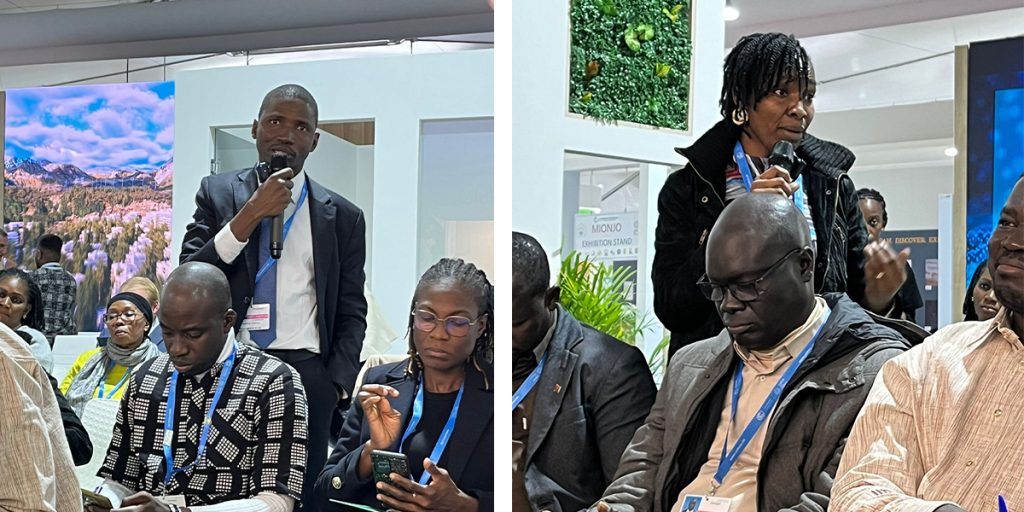
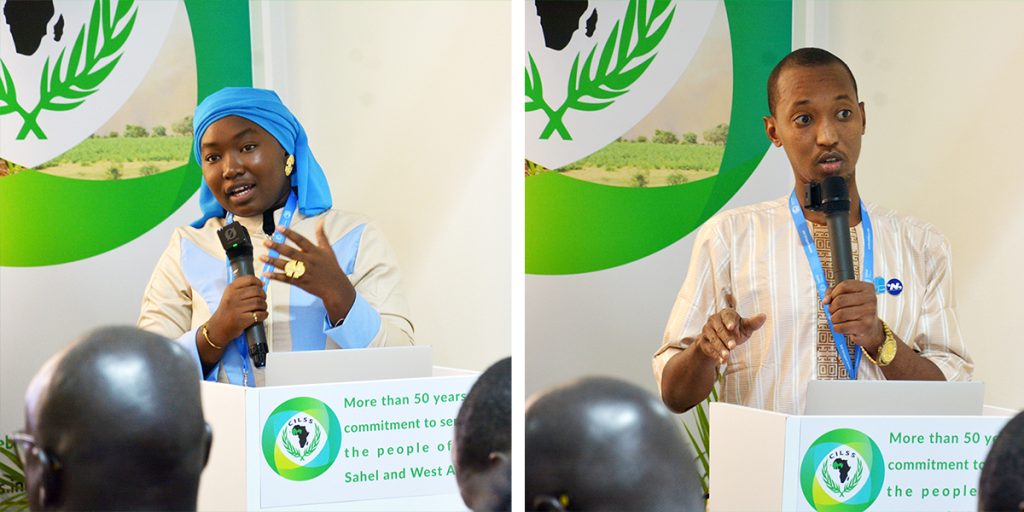

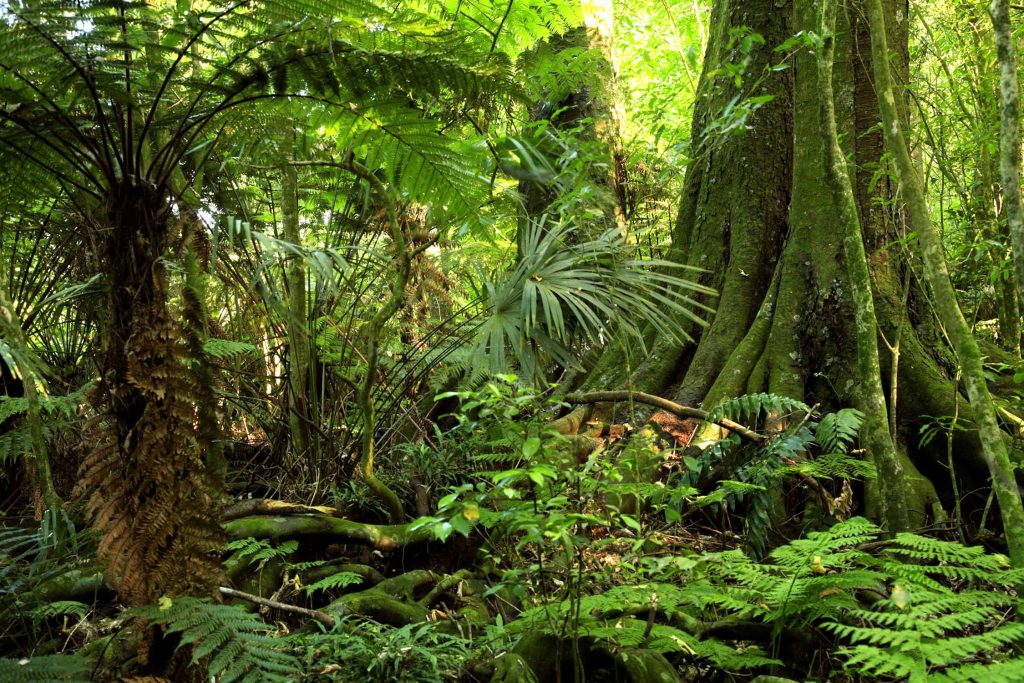
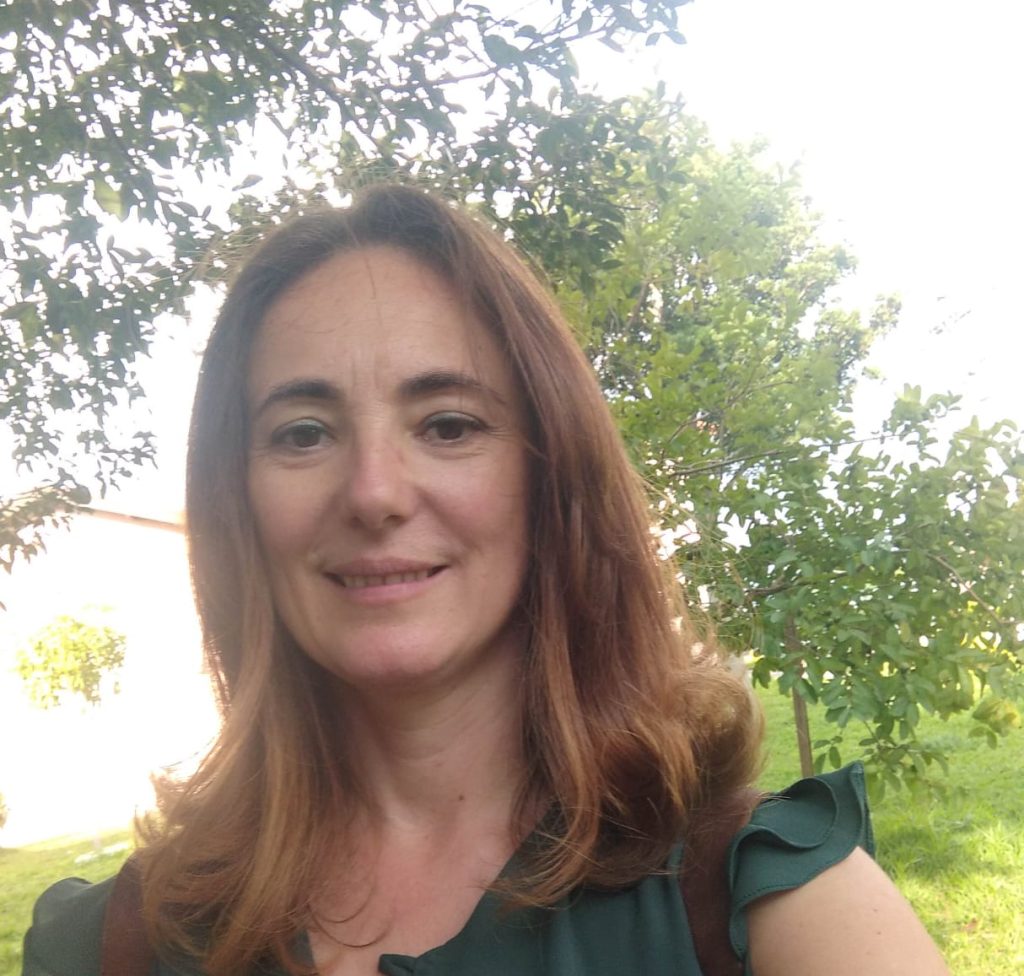
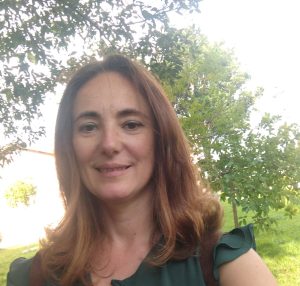 Jezabel Azevedo, who has a degree in Environmental Sciences and a PhD in Atmospheric Sciences, has taken up the position of Environmental Educator at the Itatiba City Council’s Department of Environment and Agriculture, and is the coordinator of the Inter-institutional Commission for Environmental Education. Today, she leads the Municipal Environmental Education Program. This program is an initiative that stands out for its strategic approach and for bringing together different actors to solve local environmental problems. A striking example was the reorganization of the local waste collection service at the beginning of the year. The population was informed and made aware of the new collection routes and times, successfully adjusting to the new dynamic.
Jezabel Azevedo, who has a degree in Environmental Sciences and a PhD in Atmospheric Sciences, has taken up the position of Environmental Educator at the Itatiba City Council’s Department of Environment and Agriculture, and is the coordinator of the Inter-institutional Commission for Environmental Education. Today, she leads the Municipal Environmental Education Program. This program is an initiative that stands out for its strategic approach and for bringing together different actors to solve local environmental problems. A striking example was the reorganization of the local waste collection service at the beginning of the year. The population was informed and made aware of the new collection routes and times, successfully adjusting to the new dynamic.